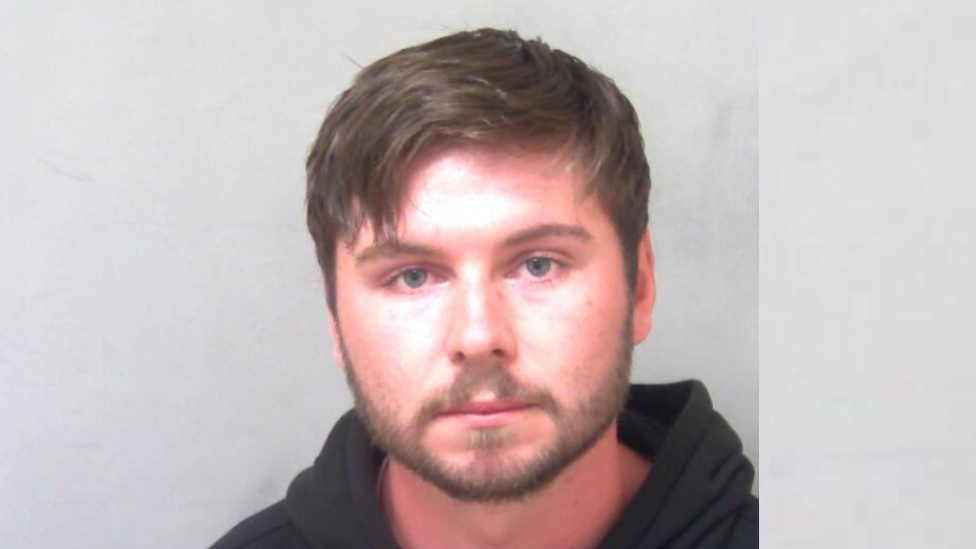Table of contents
The rise of artificial intelligence (AI) technologies has opened the way to new and often dizzying uses, but also to serious abuses of personal privacy and dignity. Recently, a British court handed down a four-year prison sentence to Tom Harris (27), convicted of creating and distributing non-consensual deepfake pornographic videos and images. This judgment illustrates the growing determination of the courts to crack down on digital attacks on the integrity and intimacy of individuals.
Background and facts: deepfake porn
Between July 2023 and March 2024, Harris collected private photos and videos of seven women he knew personally - work colleagues, former university friends or social network acquaintances. Using AI image-generation software, he superimposed these victims' faces onto nude bodies, creating pornographic content.
In all, over 120 doctored files were published on an online forum dedicated to promoting "rape culture", according to the prosecution. On this site, members could comment on and share images; some of the comments were explicitly humiliating, calling for sexual violence. The investigation, led by Surrey County Police, began after a complaint from the first victim, who had been presented on the forum without ever having given her consent.
deepfake porn case non-consensual british court
The legal framework: deepfake pornography and online harassment
In April 2023, the British government amended theOnline Safety ActThe new law introduces a specific offence concerning the creation and distribution of fake pornographic content without the consent of the persons depicted. This provision aims to close a previous loophole: until now, only deepfakes featuring minors or involving revenge porn were explicitly prohibited. From now on, producing or sharing non-consensual pornographic images, even of adults, is punishable by criminal penalties.
- Article 17A (new): "Anyone who creates or disseminates a deepfake image of a sexual nature depicting a person without their consent shall be punished by up to five years' imprisonment."
- This offence complements existing articles on harassment and the sharing of intimate images, paving the way for more effective prosecution of cyber-predators.
Charges and legal proceedings
Tom Harris was found guilty of two types of offence:
- Creating and distributing pornographic deepfakes (7 chefs)
- Harassment without violence online (10 chiefs), relating to humiliating comments and threats posted on the forum
The court found that the accused had acted deliberately to target women in his circle and maximize their psychological distress. During the hearing, prosecutor Emily Gallagher emphasized the defendant's premeditation:
"Each image was designed to humiliate, demean and violate the privacy of these women. His actions are not simply a matter of digital clumsiness, but a clear desire to propagate a culture of sexual violence online."
Before Judge Mark Loughton, the victims gave poignant testimonies, describing the dramatic impact on their lives:
- "I couldn't look at myself in the mirror without reliving the shame," confided one of them, ranking her social and professional life on the ground.
- Another victim reported the breakdown of her relationship: "The anonymous calls and degrading messages destroyed our relationship.
The verdict and the sentence: deepfake porn
On June 12, 2025, the Southern Thames Crown Court sentenced Tom Harris to four years in prison and a permanent ban on access to social networks and all contact with his victims. Judge Loughton severely criticized the "toxicity" of the acts committed:
"Your offense is the most perverse expression of toxic masculinity: you have confused the most sophisticated technological tool with a means to abuse, humiliate and destroy your victims. These women had the fundamental right to share private photos or videos without fear that they would be disfigured for sexual purposes."
The sentence also includes an obligation to undergo sex offender therapy and a social reintegration program after release, as well as the confiscation of all computer equipment used in the commission of the offences.
prison sentence deepfake porn non-consenting
Impact and scope of the case
1. Message to cybercriminals
This condemnation sends out a strong signal: the use ofAI to violate the privacy of others will no longer be tolerated. Judges now have more precise texts at their disposal to quickly prosecute and punish such offenses.
2. Enhanced protection for victims
Amendments to the Online Safety Act guarantee better protection for victims of deepfake pornography. Online platforms are now required to promptly remove reported content and cooperate with investigators.
3. Raising public awareness
The affair generated extensive media coverage, helping to raise awareness of the dangers of deepfake and its legal consequences. Debates are now focusing on the ethics ofAIthe responsibility of technology creators and the preventive measures to be put in place.
how to fight deepfake porn
How to protect yourself against non-consensual deepfake porn?
- Setting up accounts Restrict the visibility of your photos and videos on social networks (private profiles, restricted circle).
- Monitoring your digital identity For example, we use monitoring tools to detect the appearance of fake images in our name, and report them immediately to the relevant platforms.
- Using next-generation biometrics Some applications now offer enhanced visual or voice authentication - an additional measure to prevent hijacking.
- Know your rights In response to the sharing of deepfake images, file a complaint for invasion of privacy and online harassment under the Online Safety Act and the Criminal Code.
Online Safety Act deepfake porn
Towards broader regulation of AI in the sexual field
British legislators are already considering extending the ban on deepfake pornography to other forms of manipulation of the Internet.AIsuch as synthetic voices or non-consensual sexual chatbots. Visit Crime and Policing Billcurrently under discussion in Parliament, proposes provisions for :
- Penalize the use of deepfake voices to impersonate loved ones or extort intimate content.
- Sanction the creation of chatbots or virtual assistants with sexual connotations without the explicit consent of the users in their databases.
These measures are designed to anticipate new uses for theAI and protect fundamental rights against technological aberrations.
Conclusion
The Tom Harris case marked a turning point in the fight against deepfake porn (non-consensual pornography). The sentence handed down by the Southern Thames Crown Court is a reminder that technological innovation cannot be used as a pretext for violating the privacy and dignity of others.
Faced with the proliferation of generative AI tools, it is vital to strengthen legal frameworks, educate users and encourage good cybersecurity practices. Only coordinated action - between legislators, digital platforms and citizens - will effectively prevent abuse and preserve trust in emerging technologies.
If you are a victim or witness of a non-consensual deepfake broadcast, don't hesitate to contact the local policeto report content to platforms, and to seek assistance from associations specializing in the defense of digital rights.
FAQ
1. What is a non-consensual pornographic deepfake?
These are images or videos faked by AI, in which a person's face is superimposed on a naked body or in sexual situations, without their consent.
2. What is the penalty in the UK for this offence?
Since April 2023, the creation or dissemination of non-consensual deepfake pornography has been punishable by up to five years' imprisonment under theOnline Safety Act.
3. How to detect a deepfake?
Certain technical clues (visual artefacts, inconsistencies in lip movement) can raise the alarm. Automated detection tools exist, but human vigilance remains central.
4. What should you do if you discover a fake image with your name on it?
Immediately report the content to the platform, file a complaint with the appropriate authorities, and seek help from associations specializing in online privacy protection.
5. Can victims obtain compensation?
In addition to the prison sentence incurred by the perpetrator, victims can claim damages for moral prejudice and request the definitive removal of illicit content.





